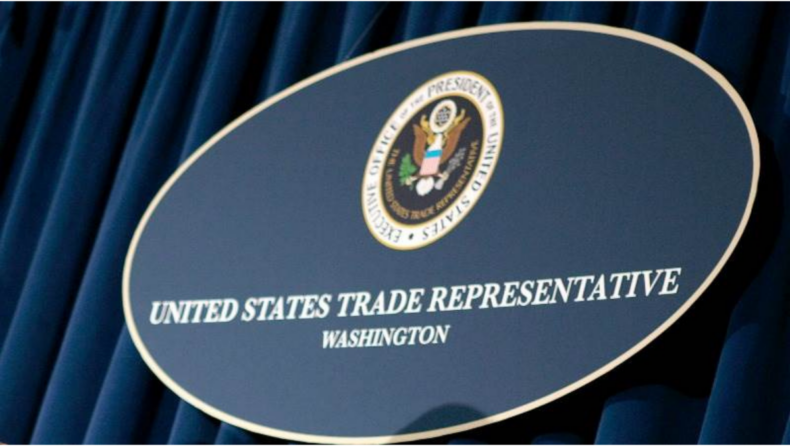The US Trade Representative stated India remained one of the most difficult economies to protect and enforce intellectual property.

(Image source- economic times)
India continues to be one of the most difficult economies to protect and enforce intellectual property, the US Trade Representative’s office stated in a report announcing the decision to keep New Delhi on the Priority Watch List.
The USTR placed seven nations on the Priority Watch List in its 2022 Special 301 Report. Argentina, Chile, China, India, Indonesia, Russia, and Venezuela are among them.
Ukraine’s evaluation has been paused in light of Russia’s deliberate and unjustified invasion of the nation; the US Trade Representative stated.
The USTR stated in the report’s India section that India’s progress on intellectual property protection and enforcement has been uneven over the last year. While India made significant progress in promoting IP protection and enforcement in several sectors over the last year, the study stated that the country failed to address recent and long-standing difficulties and raised new worries for rights holders.
“India continues to be one of the most difficult big economies in the world in terms of intellectual property protection and enforcement,” the report stated.
Additionally, the report mentioned that India’s 2018 accession to the World Intellectual Property Organization’s (WIPO) Performances and Phonograms Treaty and the WIPO Copyright Treaty, collectively referred to as the WIPO Internet Treaties, as well as its 2019 accession to the Nice Agreement, were positive steps.
However, the US Trade Representative stated that the possibility of patent revocation, the absence of a presumption of patent validity, and the Indian Patents Act’s restrictive patentability standards affect businesses in a variety of areas.
Despite India’s justifications for limiting intellectual property protections in order to facilitate access to technologies, the US Trade Representative expressed that India keeps up with high custom duties on IP-concentrated items like clinical gadgets, drugs, data and correspondences innovation items, sun powered energy hardware, and capital products.
In the pharmaceutical industry, the US stated it is continuing to evaluate the impact of Section 3(d) of the Indian Patents Act’s restriction on patent-eligible subject matter. Pharmaceutical players also raise worry about India’s ability to resolve possible patent issues expeditiously, citing deficiencies in alerting interested parties of marketing clearances.
Edited by – Chhavi Chaudhary
Published by – Mohit Maurya













